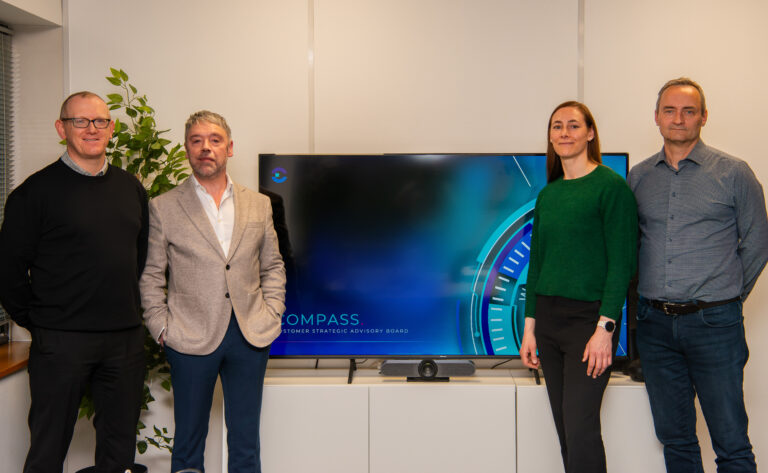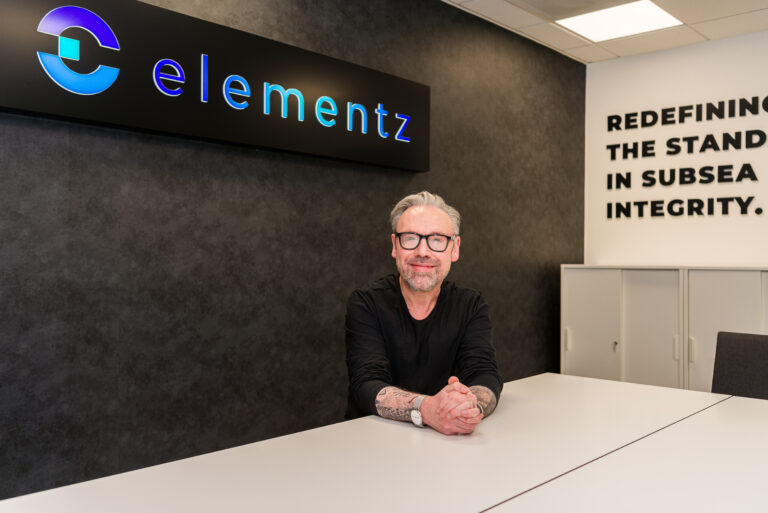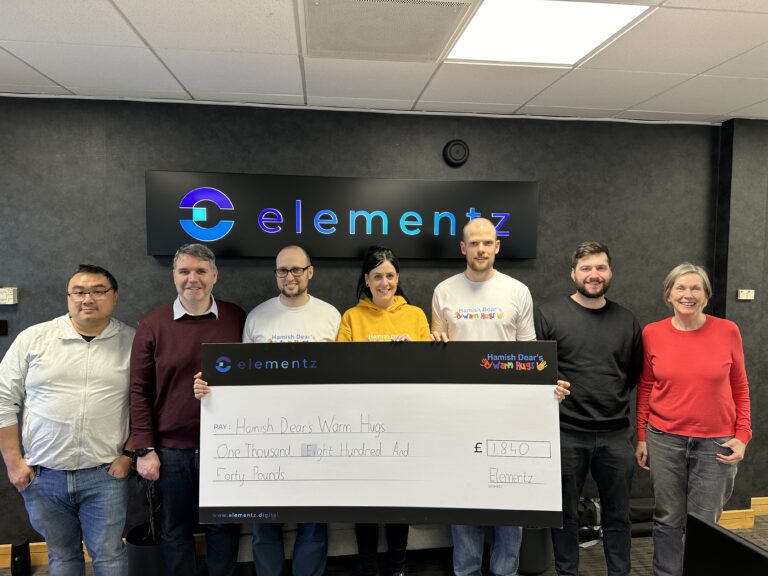As a reflection of the constantly evolving offshore engineering and operations world, the role of the Subsea Integrity Engineer is undergoing a profound transformation. Driven by the integration of cutting-edge technologies, these engineers are now central to optimising workflows, enhancing operational efficiency, and reducing costs in subsea environments. The shift toward a data-driven approach offers so many opportunities but also presents several challenges. This article delves into the changing responsibilities of Subsea Integrity Engineers and the barriers to effective data utilisation.
The Evolving Role of the Subsea Integrity Engineer
Historically, Subsea Integrity Engineers focused primarily on monitoring and maintaining subsea production systems. Today, their role has expanded significantly. Engineers are now not only responsible for preserving asset integrity but also integrating and operating advanced technologies that can revolutionise workflows and the overall integrity management process.
The key objective is to accelerate the integrity cycle by converting extensive data from subsea operations into actionable insights. Achieving this will improve the operational efficiency and prolong asset lifespan while also promoting sustainability by enabling data-driven decisions that support environmental stewardship.
The Barriers to Data-Driven Decision-Making
While the potential of data-driven integrity management is vast, several obstacles stand in the way of fully realising its benefits. These challenges primarily fall into three categories: data management, system integration, and standardisation.
> 1. Data: The Foundation of Effective Integrity Management
In the digital age, data is crucial for subsea integrity management. However, engineers face several data related challenges:
- Data Overload: Engineers are inundated with vast amounts of data, which often lacks context. Without meaningful relationships, this data is difficult to interpret and use effectively.
- Access to Trusted Data: Reliable decision-making depends on accurate and well-organized current and historical data. Without a trustworthy data repository and robust analytical tools, engineers may make decisions based on incomplete information.
- Manual Data Management: The need to manually compile and share data between teams or organizations slows down decision-making and introduces the risk of human error.
- Reliance on Personal Experience: Decisions based solely on personal experience can overlook the broader insights provided by data-driven analysis.
> 2. Integration: The Key to Unlocking the Power of Data
Effective integration of systems and data sources is crucial for modernising subsea integrity management. Operators have made investments in their data, their workforce, and their infrastructure. Now, they are looking to leverage these investments to modernise, transform, and optimise operations for the future. However, challenges still exist:
- Maximise Enterprise Systems: Engineers often need to duplicate data between applications.
- Break Down Siloed Insights: Insights frequently remain isolated in individual applications, hindering a comprehensive view and integrated analysis.
- Collaborative Analysis: Limited ability to analyse data collaboratively across teams and partners stifles innovation and problem-solving.
- Adoption of Innovations: New technologies must integrate smoothly and cost-effectively.
> 3. Standardisation: Ensuring Consistency and Efficiency
Standardisation helps organisations swiftly identify and remove inefficiencies by setting clear guidelines, tools, and procedures. This ensures subsea workflows are consistent and efficient, minimising errors and delays while capturing key data reliably. For global operators and engineers, standardization helps to overcome barriers and enhance operational effectiveness.
- Wasted Data: Varied data collection methods lead to inconsistencies, making integration and analysis difficult and causing valuable information to be overlooked.
- Execution Inefficiencies: Custom workflows for each project are time-consuming and costly, resulting in longer timelines and higher error risks.
- Optimisation Challenges: Without standardisation, identifying inefficiencies and improvement areas is proving difficult. A uniform approach enables effective performance measurement.
- Interoperability Issues: Non-standardised systems create compatibility problems among stakeholders, hindering collaboration and data exchange.
- Competency Challenges: Diverse workflows complicate training, making it harder to ensure personnel are properly prepared.
- Stifled Innovation: Lack of a common framework limits collaboration and the advancement of new technologies and solutions.
The Path Forward: Empowering Subsea Integrity Engineers
As the role of Subsea Integrity Engineers continues to evolve, addressing the challenges of data management, integration, and standardisation is crucial. Companies like Elementz are working to develop solutions that overcome these barriers, enabling engineers to make better, faster, and more informed decisions. By fostering a connected, data-driven ecosystem, Elementz supports the industry’s transition toward more efficient, sustainable, and innovative subsea operations.
The modern Subsea Integrity Engineer is at the forefront of a digital revolution. With the right tools and support, the potential for transformation in subsea integrity management is immense. Embracing data and technology is shaping a promising future for the industry
Ready to transform your operations? Experience how Elementz can empower your engineering teams to make informed decisions and drive operational efficiency.







